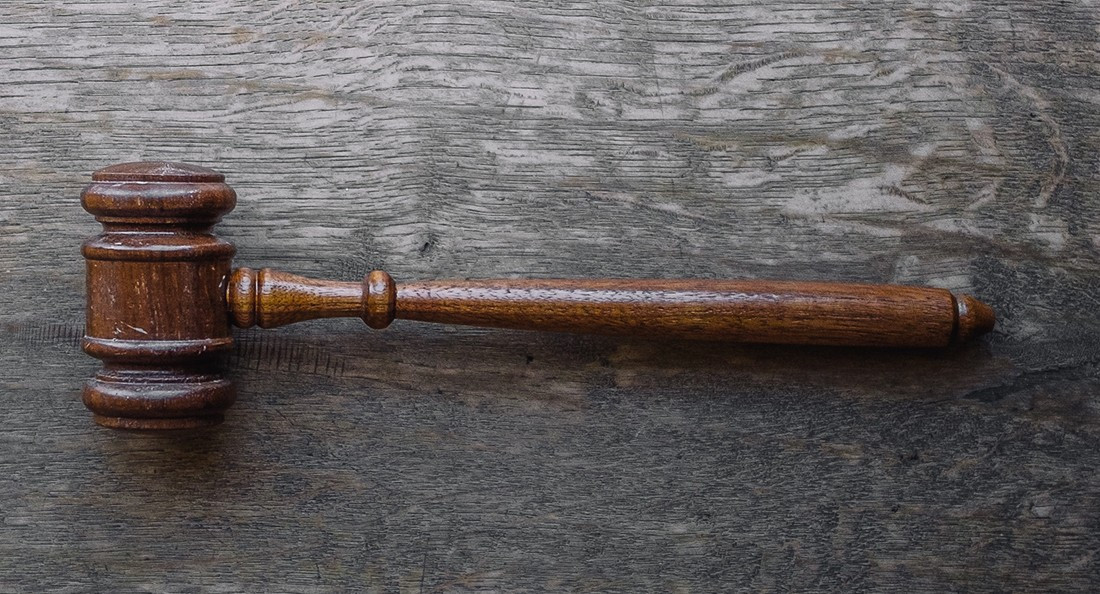Path to the top of the Bench
What to know about the judicial process in Manitoba
How do judges become judges? What are the requirements to be able to sit on the bench and have the power to dictate people’s lives? Can a judge ever be “fired?”
In Manitoba, there are currently 106 judges serving through the provincial and appeals courts, as well as the Court of Queen’s Bench. Although Part III of Manitoba’s Court of Queen’s Bench Act lists several clauses outlining the powers and expected residence of judges, it does little to reveal how these figures attain their positions.
Aimee Fortier, executive assistant to the chief justices and chief judge and the media relations officer for the courts and judiciary in Manitoba, says the Provincial Court Act governs the appointment of provincial court judges in Manitoba. The “Queen’s Bench and appeal (judges) are appointed federally,” she says.
The Provincial Court Act, which mandates provincial court judges, states that there is to be a judicial appointment
committee. The committee will evaluate “an assessment of a candidate’s professional excellence, community awareness and personal suitability and a consideration of whether the appointment of the candidate would reflect the diversity of Manitoba within the court.”
Further, the Office of the Commissioner for Federal Judicial Affairs has currently appointed 55 judges through Part I of the Judges Act in the Queen’s Bench trial, Queen’s Bench family and appeal courts, and half of the current judges are women. Final appointments are formally enacted by the Governor General, acting on the advice of cabinet.
Meanwhile, the Judicial Candidate Information Form, available through the Manitoba courts website, is the application a practicing barrister in Manitoba would have to fill in order to be reviewed for selection as a judge. The application is relatively standard and inquires about the applicant’s
professional background, length of service, education and community and civic activities, among other things.
If a hopeful lawyer succeeds with their application, they can expect a definite pay raise. Judges make a comfortable income compared to the average Manitoban, (median income for Winnipeg residents falls between $30,000 and $40,000) with the Chief Justice of Manitoba banking in $344,400; the six appeal justices making $314,100 each; the chief justice, the senior associate chief justice and the associate chief justice of the Court of Queen’s Bench making $344,400 each and the 31 puisne judges of the Court of Queen’s Bench collecting $314,100 annually.
Kelly Gorkoff, associate professor in the criminal justice department at the University of Winnipeg, comments on how students study the judicial process in her discipline. Gorkoff, who is a social scientist with a background in sociology and anthropology, says judges can be studied in a variety of ways, with the first being from a legal perspective.
“This is an area examining legal decision-making, judicial activism and constitutional law,” Gorkoff says in an email to The Uniter.
“The second would be socially/sociologically,” Gorkoff continues. “This would be things such as how functional the judiciary is in maintaining social norms and/or examining how judges use personal bias in decision-making. For example, (this could include) how gender stereotypes or patriarchal things such as rape myths impede a judge’s ability to make objective decisions. Race is also important and in this type of social critique.”
In fact, the Canadian Judiciary Council, which is responsible for dealing with any form of judicial misconduct, states on its website that the most important qualification of a judge is “the ability to make independent and impartial decisions.”
“Indeed,” it continues, “an independent judiciary is the right of every Canadian and is carefully protected. Judges strive to reject any outside influences that may impact their ability to make independent decisions.”
Judges can also “be studied bureaucratically,” Gorkoff says, “in terms of the structure of the judiciary: the
gender/racial makeup of the judiciary, how they are appointed and how they are regulated.”
Judges face various challenges throughout their careers. One of the biggest demands a judge could face might be needing to adapt to a constantly evolving society. As such, according to Cliquez Justice, a French-language website and information portal about the Canadian legal system, judges “regularly receive training on various subjects to ensure they remain at the forefront of legal knowledge.” Examples of this include changes to gay marriage legislation since the Canadian Charter of Rights and
Freedoms was introduced.
Gorkoff says the manner of judicial appointment and the makeup of the judiciary representative of the population it governs is of keen interest to her field of study.
“In the United States, they elect judges. A comparison of the methods of appointment are a part of the study of criminal justice,” she says.
“A lot of this work focuses on the representativeness of the judiciary. This would overlap with how offenders interact with judges. The idea of problem-solving courts (such as drug treatment and mental health courts) propose a new form of interaction – one that is called therapeutic justice as opposed to adverbial justice.
“Restorative justice is a paradigm that questions the role of the judiciary and a single person making decisions and instead suggests decisions should be made by those affected by offenders’ actions to come up with a community-based solution.”
It’s no easy feat to become a judge in Manitoba, or even elsewhere in Canada. The retirement age is 75 for federally appointed judges and 70 for provincial ones, so judges must be dedicated to their professions for a long time. From the outside, the inner workings of the justice system and the appointment of judges can seem opaque. But by knowing how judges are appointed and what their duties are, Manitobans can be aware of their rights.
Published in Volume 74, Number 13 of The Uniter (January 9, 2020)







